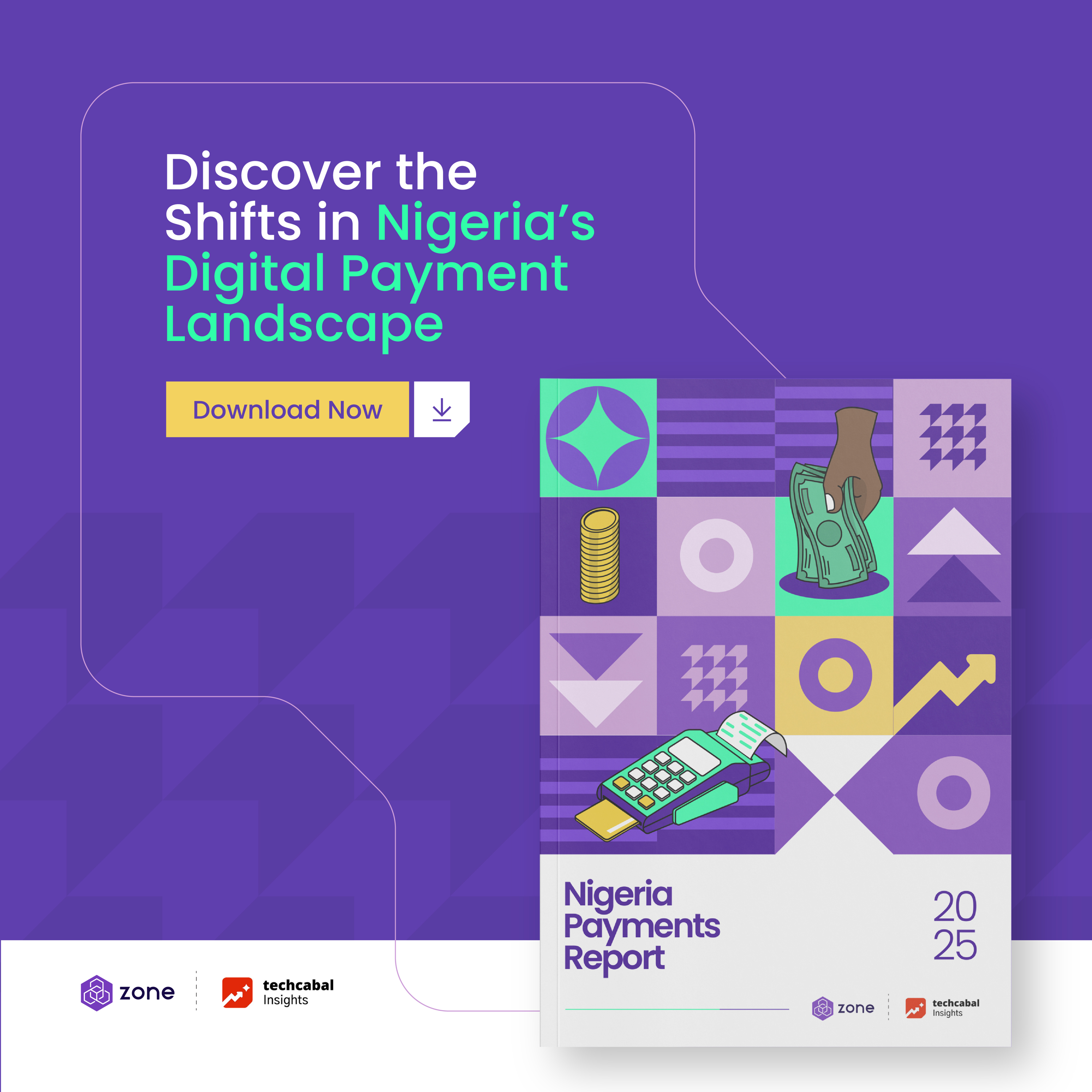Across Africa’s startup landscape, attention usually goes to big-ticket equity raises, flashy valuations and headline-making VC or private equity (VCPE) backing. But underneath, a quiet and telling shift is underway. Startups and growth-stage companies are increasingly relying on debt financing, sometimes in conjunction with equity, and sometimes as the primary strategy.
In 2024, African startups collectively raised $3.2 billion in equity and debt, according to Partech data. Equity funding held steady at $2.2 billion, but debt financing dipped 17% to $1 billion.
Debt introduces a fundamentally different set of dynamics compared to equity. With equity, investors are buying into the company’s long-term upside, taking ownership, and often influencing governance. With debt, the focus is on cash flows, repayment ability, and downside protection. For startups, debt offers a way to grow without dilution. For investors, it offers a chance to earn predictable returns, often with structured protections, in a market where public fixed income can be thin or unattractive.
The private debt market has garnered some attention as institutional investors seek yield in an environment where traditional fixed income no longer meets their needs. At the centre of this market are two distinct deal types: private-debt funds investing in companies backed by VCPE firms, or investing in companies without any VCPE involvement.
Next Wave continues after this ad.
On the surface, African companies without VCPE investors often yield higher debt returns for lenders. This “sponsorless premium” can translate to senior secured debt commanding 10-13% interest, with other credit products even higher, compensating for increased risk and the hands-on approach lenders provide. But once you dig into the details, the picture becomes much more complicated.
An investment banker at Citibank told me this week that the core issue revolves around risk, where companies without VCPE backing leave private-debt funds to handle everything themselves and intervene if things go wrong.
When a VCPE firm invests in a company, it effectively acts as an extra layer of filtering to push stronger deals into the market and steps in when performance wobbles. So, without that sponsor, the private-debt fund carries the full weight of risk management, which naturally drives them to demand higher returns. This explains why non-VCPE-backed deals often post stronger headline returns, but that doesn’t mean they’re the better or safer choice.
Next Wave continues after this ad.
It’s also worth thinking about the potential conflicts of interest that exist when VCPE firms are involved. While they can improve deal quality, they also have their agendas. Sometimes, VCPE sponsors are incentivised to push for more debt financing in larger or riskier transactions to increase their potential upside, leaving private-debt funds exposed to risks they might not have taken on independently. This raises fundamental questions about whether VCPE backing consistently improves the risk-return profile for debt investors or whether it sometimes distorts incentives.
Deal structure reveals another critical divide. African companies without VCPE sponsors often carry higher leverage because they rely entirely on debt funding. While VCPE-backed companies like to blend equity and debt injections.
That difference in the capital structure matters because higher debt ratios amplify both the risk of default and the returns debt investors require as compensation. Private-debt funds understand this trade-off well, which is why non-sponsored deals often come with stricter covenants, steeper interest rates, and tighter controls to manage the extra risk.
If we look closely at how returns are generated, the contrasts deepen. Private-debt investors, especially those lending to established Kenyan or Nigerian companies not backed by venture capital, strongly prefer immediate cash interest payments. They dislike “payment-in-kind” (PIK) interest, which defers interest payments, because it ties their returns directly to the company’s future success and market fluctuations. For example, a Nairobi textile firm or a Lagos snack company seeking a loan would find investors favouring consistent cash interest over promises of larger, delayed payouts.
By contrast, VCPE-backed deals are more likely to include PIK because investors feel more confident that the sponsor’s involvement reduces downside risks. Per a former investment advisor at Enza Capital, who spoke to me while researching this piece, this difference in structuring reflects how investors think about risk across these two deal types.
Without that sponsor stepping in to guide and monitor performance, private-debt funds often secure additional rights, such as equity stakes, warrants, or even board seats, to protect their interests and gain more control.
These mechanisms don’t just sit on the sidelines; they are central to aligning the interests of lenders and borrowers, and give debt funds a share in any upside. In VCPE-backed deals, the sponsor typically takes the lead, reducing the need for lenders to incorporate equity-like protections.
One of the most debated points is whether the higher returns seen in non-VCPE-backed deals hold up once you factor in the cost of risk management. After all, all those extra controls, governance tools, and due diligence steps come at a price. If you adjust for those, do these deals still deliver superior risk-adjusted returns, or do they simply match the returns of sponsored deals once the playing field is levelled? This is a key challenge to the idea that non-VCPE-backed deals offer a straightforward performance edge.
There’s also the broader issue of how capital shifts over time. Suppose non-sponsored deals truly offer better risk-adjusted returns. In that case, we can expect to see more institutional money flow into this space, gradually shifting the balance between sponsored and non-sponsored lending. But if the extra returns are simply a mirror of the higher risks, investors need to be careful not to confuse gross returns with true outperformance.
Next Wave continues after this ad.
At the end of the day, the divide between private-debt investments in VCPE-backed companies and those without sponsors cuts to the heart of how modern private capital operates.
Investors who understand these nuances can make sharper, more informed decisions about where to allocate their capital and how to manage the risks they undertake. Right now, non-VCPE-backed deals are edging ahead. They offer higher returns to private debt investors, partly due to the additional risk involved and the lack of oversight from sponsors. While VCPE-backed deals report lower default rates thanks to stronger monitoring, the returns are often lower, making non-sponsored deals more attractive for investors willing to manage the added risk themselves.
Kenn Abuya
Senior Reporter, TechCabal.
Feel free to email kenn[at]bigcabal.com, with your thoughts about this edition of NextWave. Or just click reply to share your thoughts and feedback.
We’d love to hear from you
Psst! Down here!
Thanks for reading today’s Next Wave. Please share. Or subscribe if someone shared it to you here for free to get fresh perspectives on the progress of digital innovation in Africa every Sunday.
As always feel free to email a reply or response to this essay. I enjoy reading those emails a lot.
TC Daily newsletter is out daily (Mon – Fri) brief of all the technology and business stories you need to know. Get it in your inbox each weekday at 7 AM (WAT).
Follow TechCabal on Twitter, Instagram, Facebook, and LinkedIn to stay engaged in our real-time conversations on tech and innovation in Africa.




